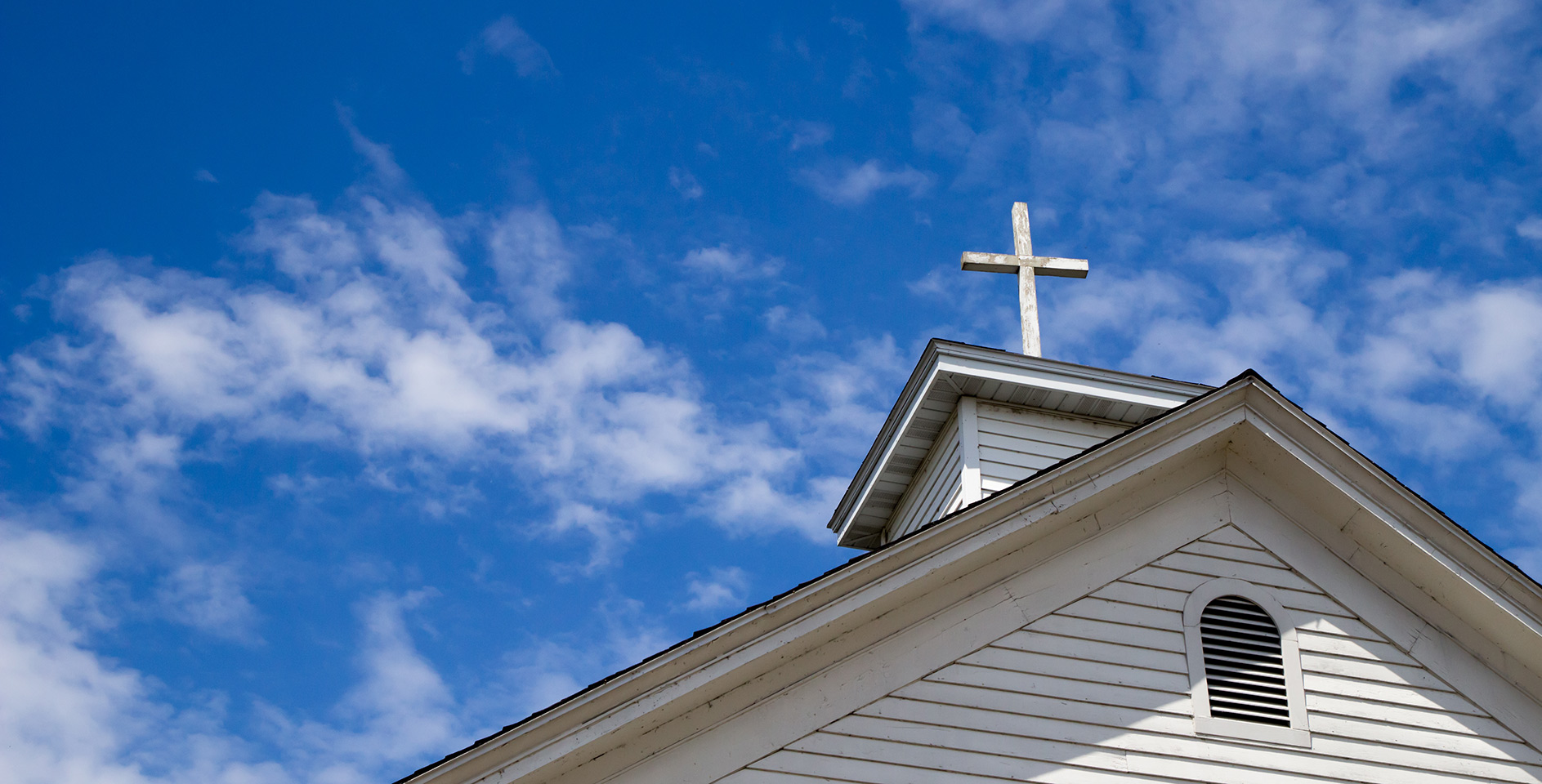On Easter, rapper Andy Mineo tweeted a thoughtful thread capturing a significant mood in the American Church. In the thread, he noted:
I feel myself & many others are in a spiritual ‘Saturday’-the day after Jesus died & the day before he rose. The in-between. Still saddened by the loss of what they thought Jesus was going to be…To parallel, I still feel like I am grieving the loss of a version of Christianity & “Jesus” that didn’t turn out as I hoped.
For believers who share this disillusionment with their experience of Christianity, abandoning faith altogether can seem like the only viable option.
Burdened for those wrestling through doubt and deconstruction, The Gospel Coalition released a collection of essays called Before You Lose Your Faith: Deconstructing Doubt in The Church. The book features chapters from regular contributors to the organization’s blog and ministry. The essays are written with the hope they will “give perspective, answer questions, or at least help you understand that you’re not alone” in wrestling with deconstruction.
Facing the issues behind deconstruction
The last few years have featured many forces contributing to doubt, spiritual weariness, and reconsideration of personal faith: disappointment in Christian leaders and the Church, social isolation, political and cultural division, and a competition of grand ideas fighting to frame a societal narrative forward. Each chapter of Before You Lose Your Faith addresses a question or social issue common to the current deconstruction conversations within American Protestantism. The essays also include encouragement and guidance rooted in confessional Christian belief.
The first section of the book is titled “Deconstruct Deconstruction.” It features essays that ask critical questions of deconstruction narratives, parsing out the beliefs and assumptions that drive doubt and deconversion. The second section, “Deconstruct the Issues,” examines social and theological issues often at the crux of faith deconstruction. The final section, “Reconstruct Faith,” offers guidance and suggestions for a healthy reconstruction of Christian faith and practice.
Inviting thoughtful reflection through critical questions
Traditional faith communities often lack room for questions, nuance, and complexity, driving congregants elsewhere to answer their questions. Yet, deconstruction dialogue can simplify and reduce complex issues in a similar way. Before You Lose Your Faith engages with doubt and faith with a refreshingly thoughtful approach. The authors recognize the fruitful impulses and questions behind deconstruction. They also carefully highlight the contradictions within popular deconversion narratives.
Hunter Beaumont’s chapter “Don’t Deconstruct—Disenculturate Instead” affirms that there will always be elements of religious culture that need to be analyzed and culturally deconstructed and that the Bible provides a framework for “disenculturating” belief while holding firm to the gospel. In another chapter titled “Deconversion Is Not As Countercultural As You Think,” McCracken notes that while contemporary deconstruction is often framed as a subversive act, it is deeply rooted in consumerist, Western individualist, and “bourgeois” cultural assumptions. The chapters raise new questions that may be challenging to both orthodox believers and those walking away from traditional faith. Those questions invite thoughtful reflection that will edify readers.
Understanding doubt
While much of belief formation can be unconscious and fragmented, deconstruction stories tend to emphasize a journey of conscious choices an individual makes to abandon faith. Before You Lose Your Faith brings unstated influences like culture, affections, and philosophical assumptions to the foreground of understanding the deconstruction process. As such, readers will gain clarity on the unstated assertions of deconstruction and acquire vocabulary to reflect on their experience. Readers may also walk away realizing that deconversion is not a mere rational dismissal of faith but rather an exchange of one set of faith claims for another.
A helpful resource within relationships
Deconstruction and doubt may manifest in intellectual or social ways. Still, they are often triggered by church hurt, personal trials, or broken relationships. Even those philosophical or social issues surrounding doubt can cut to the core of a person in painful and confounding ways. Before You Lose Your Faith focuses almost exclusively on intellectual and social issues. Some follow-up resources on how to process the more personal and emotional aspects of deconstruction would help those struggling with their faith and others responsible for their care.
Because the content is primarily intellectual, the resource might be most useful within established relationships and spaces where it can be processed with others. Individuals walking alongside those wrestling with deep doubt will find the book a helpful resource and reference for common themes at the center of contemporary deconstruction.
The issues the Church faces at this moment are challenging, but not without hope. Andy Mineo concluded his tweet thread:
As I read of the resurrection today – I was assured that there was a real resurrection. And that there will be a spiritual resurrection coming. One that I won’t expect. One that will be far greater than my original idea of faith in Jesus. One that I desperately need.
Doubt and deconstruction can feel dark and frightening. But the gospel has proven to be a reliable resource for our most profound challenges and questions. Many will walk out of this challenging season with a renewed and refined understanding of their faith. It wouldn’t be surprising if Before You Lose Your Faith plays a role in that.










